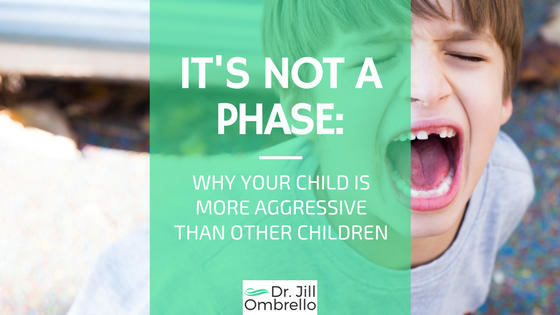After a night of restless sleep, it is difficult to approach the day with an elated state of mind. A lack of deep sleep promotes exhaustion, which promotes an edginess that, when provoked, transforms into unintentional aggression. Even in a more tranquil environment or during a mild interaction, aggression can rear its hideous head, striking at the smallest annoyance.
For most of us, these restless nights of sleep are few and far between, occurring infrequently and, therefore, these moments are more subdued. Now, imagine that these restless nights happen every night. Not only will the hostile outbursts be more frequent, they contribute to the onset of a perilous cycle that feels impossible to break. A lack of sleep creates more mental tension, which, then, causes us to perceive sleep as a burden rather than as a time to refresh. And as detailed in this article in the journal of Psychology of Violence, scientists suggest that sleep problems play a far greater role in aggression than researchers previously thought.
This is what could be happening to your child. Have you noticed that they have been more temperamental than usual – or their tantrums are unceasingly consistent, occurring daily? Don’t peg this as a “phase” or shrug it off as a problematic personality trait of your child. These behavioral fits could be a cry for help.
There is a plethora of reasons why your child is persistently experiencing restless nights. To diagnose the underlying issues, it is important that you start to pay attention to their sleep patterns and make note of any abnormalities, inconsistencies, or anything that just “doesn’t seem good.” Do they primarily breathe through their mouth? Do they snore rather aggressively? Have you noticed pauses in their breathing as they sleep, as in they are experiencing moments when they aren’t breathing at all? These could be serious side effects of a condition known as sleep-disordered breathing.
This condition can occur due to many different reasons. Malocclusion, or the unhealthy alignment of the teeth or jaw, is not only a major contributor to this condition, it is oftentimes the most overlooked contributing issue, yet it requires the most conservative approach to treatment relative to the other surgical or pharmaceutical treatment plans.
If your child’s teeth, jaw, or airway are poorly developed or in an unhealthy position, it can result in a restricted airway that makes it difficult to breathe during sleep. This restriction in the airway prevents them from experiencing the deep sleep that their brain requires in order to wake up feeling revitalized the next morning. Over 11,000 children who have been diagnosed with sleep-disordered breathing have exhibited behavioral issues such as severe aggression, with other risk factors including negative effects on a child’s behavioral, emotional, and cognitive development.
If this is difficult to envision, imagine this: every night you are to go to sleep, you are given a straw to breathe in and out of through your mouth and you get no other oxygen – this is a restricted airway. On top of that, you are spontaneously woken up 3-4 times every hour, which is what happens when the body wakes itself up to jolt the jaw, open the airway, and introduce more oxygen. How would you feel after that “night of rest”? Your behavior might be comparable to a grumpy toddler as well. And due to their age, kids don’t have the benefit of drinking coffee to overcome a poor night of sleep. So, how is it their fault they are struggling to be well-behaved and happy when they are only running on fumes?
Once identified, it is recommended to partner with a healthcare provider team that specializes in the treatment of patients, specifically children, with sleep-disordered breathing. With the correct diagnosis and corresponding treatment plan, the outcome of the conservative therapy should be predictable and it should have a significant effect on the quality of life of your child. Not only will they experience a full night of sleep, you will notice their aggressive tendencies dramatically decrease, allowing them to shed the wall they have built up around themselves that was masking their true personality and hindering their ability to feel at peace.

